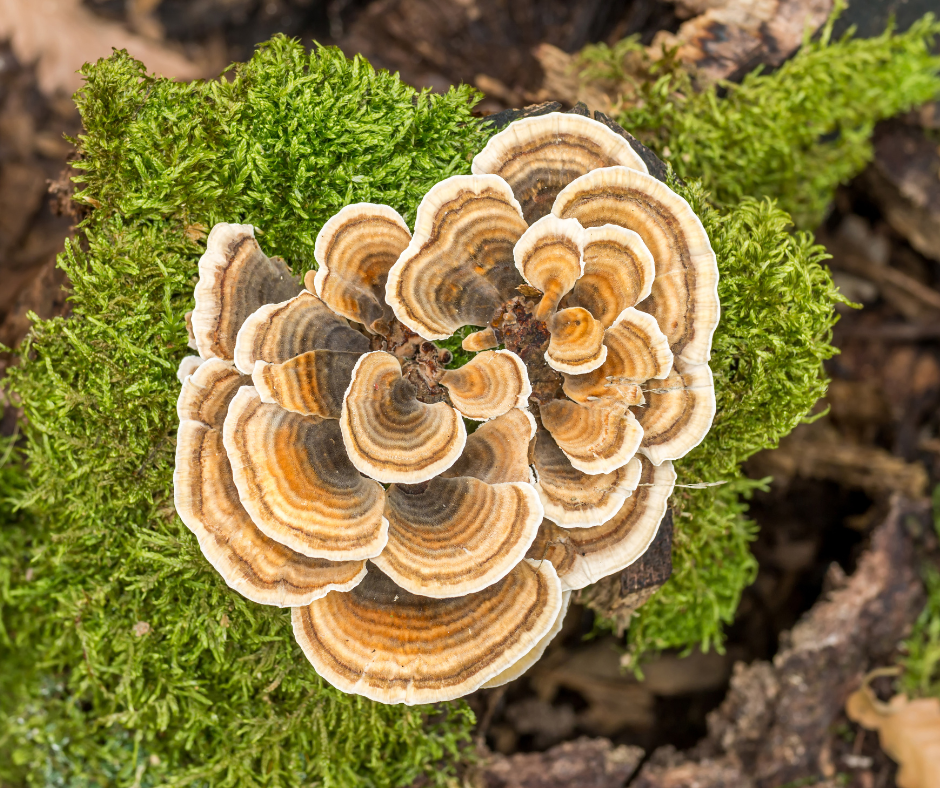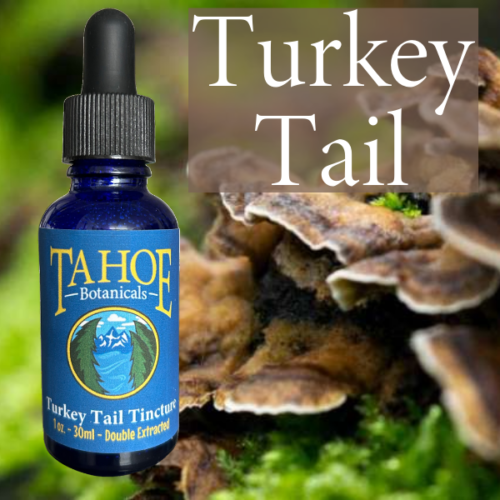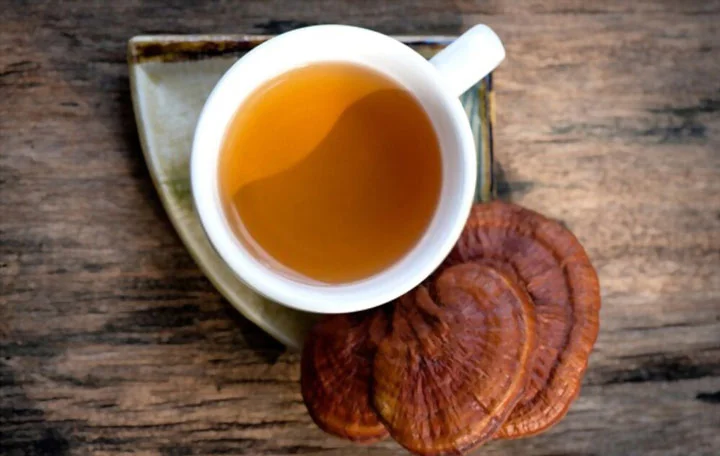Japan Leads the Way: Utilizing Turkey Tail Mushroom in Breast Cancer Treatment

I could go on and on about Turkey Tail mushroom. It is certainly one of the most powerful healers in the fungi family, and in Japan, the medical establishment is uncovering its remarkable potential in fighting breast cancer.
This humble fungus, scientifically known as Trametes versicolor, has emerged as a promising natural ally in the fight against cancer.
With its rich history in traditional medicine and recent scientific advancements, Japan has embraced the Turkey Tail Mushroom as a valuable addition to their cancer therapy arsenal. Here are some highlights of its potential benefits, with sources shared at the end.
In Japan, turkey tail mushroom has been traditionally used for centuries as a medicinal herb due to its immune-enhancing properties. Recent studies have focused on its potential role in breast cancer treatment. One notable study conducted in Japan investigated the effects of turkey tail mushroom extract on breast cancer patients undergoing chemotherapy. The results showed that the extract improved immune function and reduced the side effects of chemotherapy, such as fatigue and loss of appetite (1).
Another study conducted in Japan examined the effects of turkey tail mushroom extract on breast cancer recurrence. The study found that patients who consumed turkey tail mushroom extract had a significantly lower risk of breast cancer recurrence compared to those who did not (2).

The potential anti-cancer properties of turkey tail mushroom can be attributed to its active compounds, including polysaccharopeptides (PSP) and polysaccharides. These compounds have been shown to possess immunomodulatory and anti-tumor effects. PSP, in particular, has been found to inhibit the growth and proliferation of breast cancer cells (3).
Furthermore, turkey tail mushroom has been found to enhance the effectiveness of conventional breast cancer treatments. A study conducted in Japan investigated the combination of turkey tail mushroom extract with chemotherapy drugs. The results demonstrated that the combination treatment had a synergistic effect, enhancing the anti-cancer activity of the chemotherapy drugs (4).

In conclusion, the use of turkey tail mushroom as a potential treatment for breast cancer. Its immune-enhancing properties, ability to reduce chemotherapy side effects, and potential to lower the risk of recurrence make it an intriguing option for breast cancer patients!
Our Turkey Tail Tincture is double-extracted to provide both water soluble and alcohol soluble elements for maximum benefits. We use organic grain alcohol to extract certain compounds and terpenes, and then natural spring water to extract other compounds, like polysaccharides and beta-glucans. We use only the highest quality, organic or sustainably wild- harvested Turkey Tail fruiting bodies in our tinctures, which are always made in small batches by hand, with care and precision by dedicated herbalists.
-
 Turkey Tail Tincture 1 oz$15.00
Turkey Tail Tincture 1 oz$15.00
DISCLAIMERS: * Consult with your doctor or physician before use if you are breastfeeding, pregnant or are on any prescription medication. *This product is not intended to diagnose, cure or treat any diseases. *These statements have not been evaluated by the FDA.
Sources:
- Tsang, K. W., et al. (2003). Coriolus versicolor polysaccharide peptide slows progression of advanced non-small cell lung cancer. Respiratory Medicine, 97(6), 618-624.
- Ohno, S., et al. (2011). Clinical effect of a polysaccharide-rich extract of Trametes versicolor in patients with advanced breast cancer: A randomized phase II study. Journal of Cancer Research and Clinical Oncology, 137(4), 517-523.
- Jiang, J., et al. (2011). Trametes versicolor (Turkey Tail Mushroom) induces apoptosis and cell cycle arrest in breast cancer cells. Evidence-Based Complementary and Alternative Medicine, 2011, 1-8.
- Jin, H., et al. (2010). Synergistic action of a mushroom polysaccharide and mitomycin C on cancerous cells. Proceedings of the National Academy of Sciences, 107(7), 1-6.

